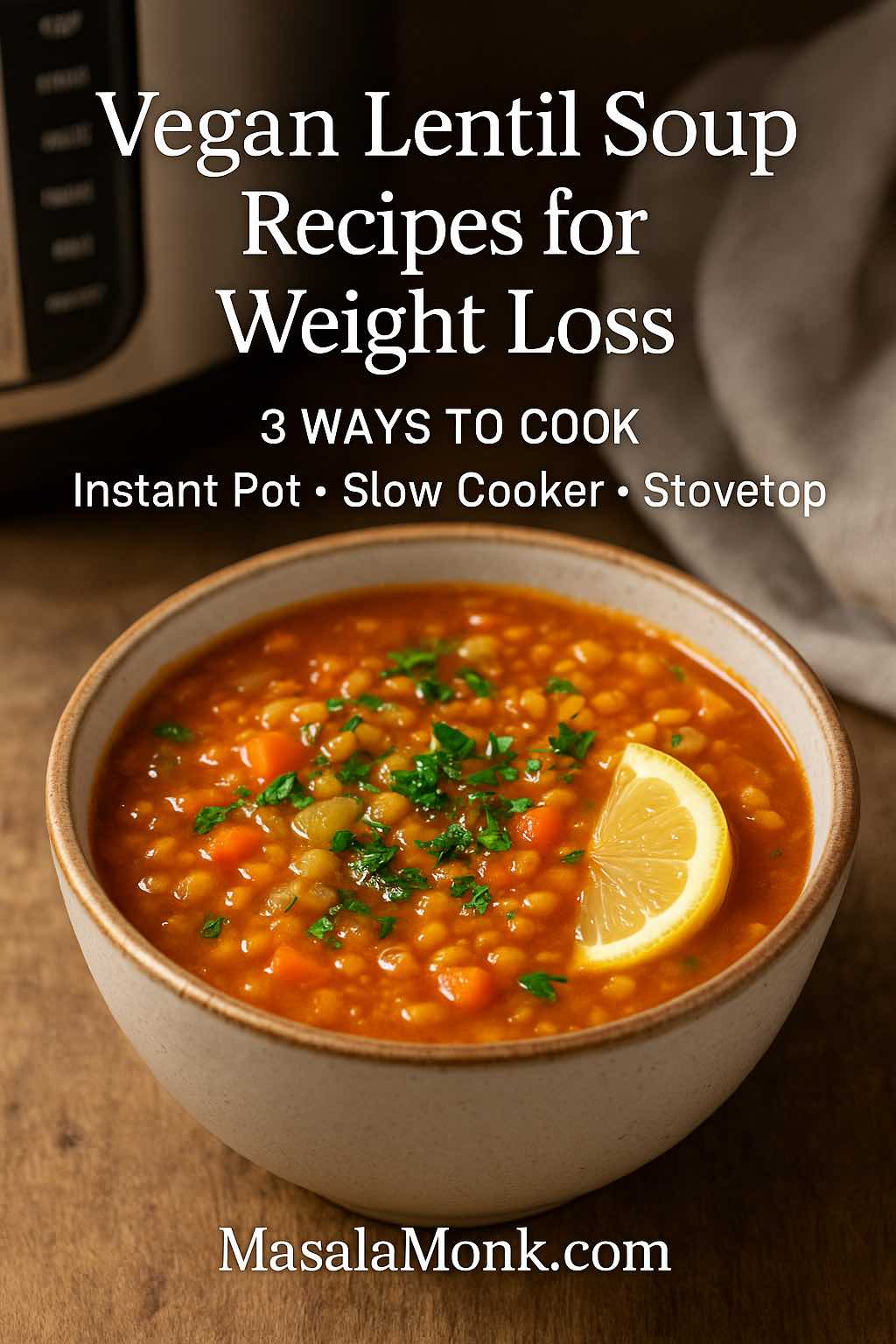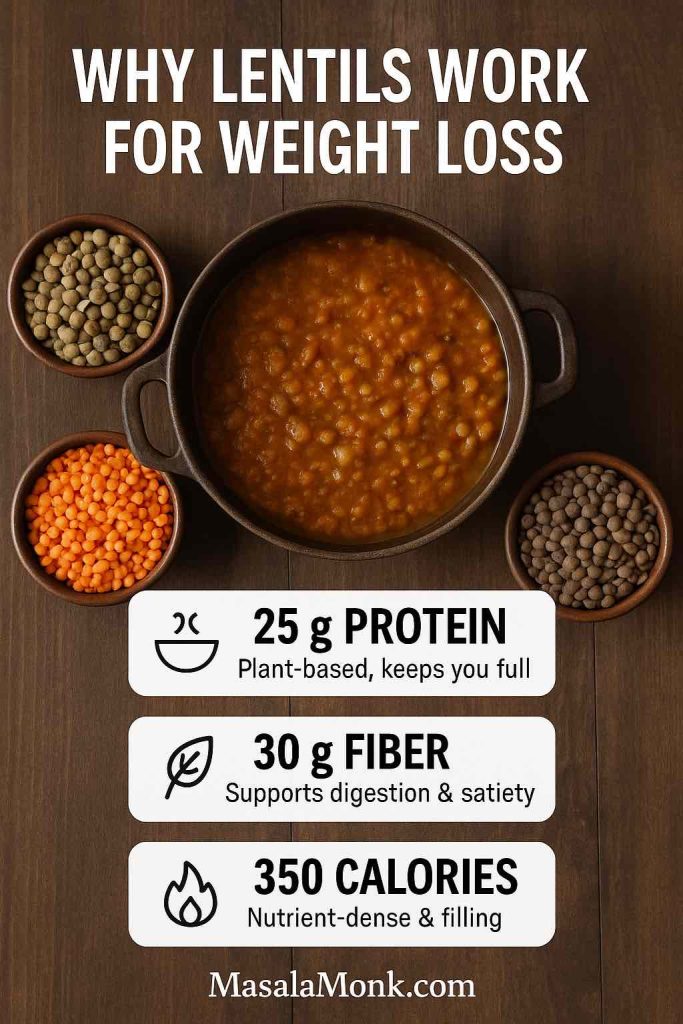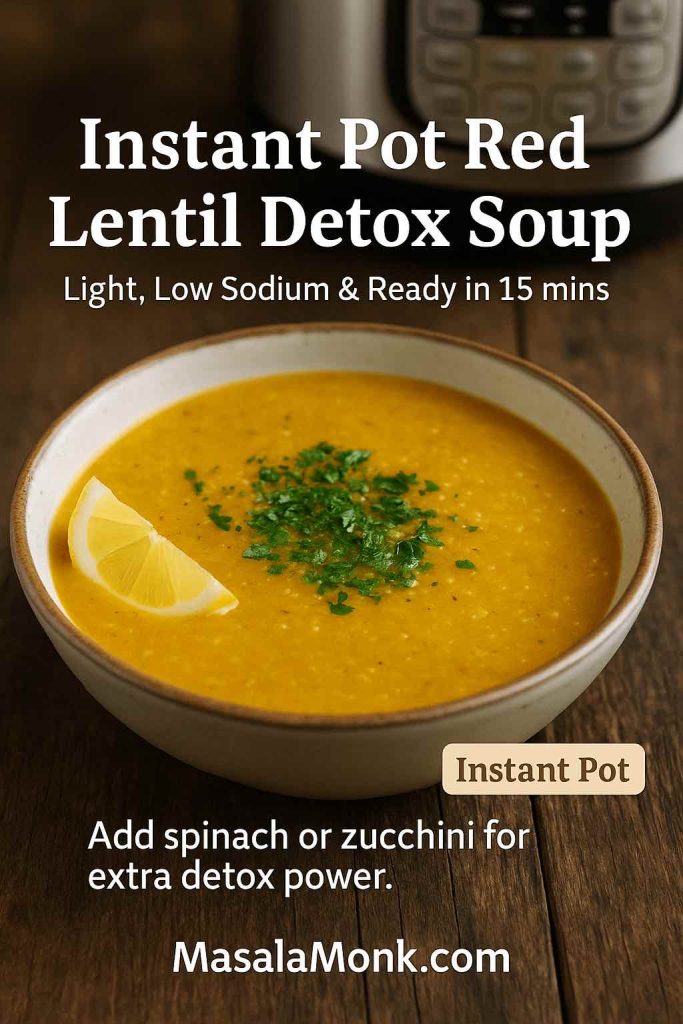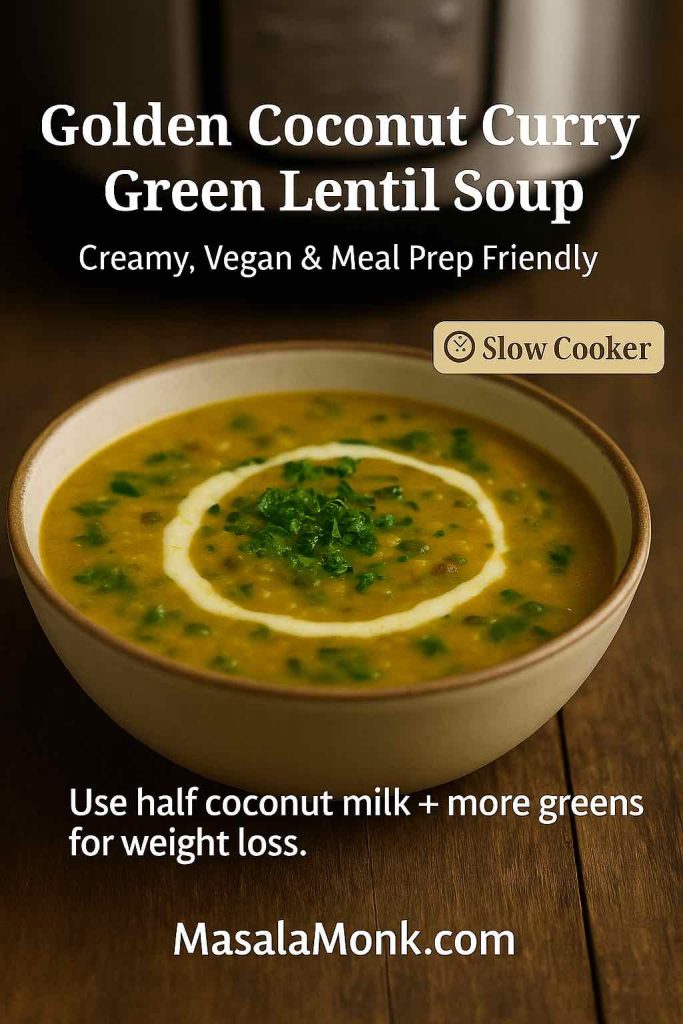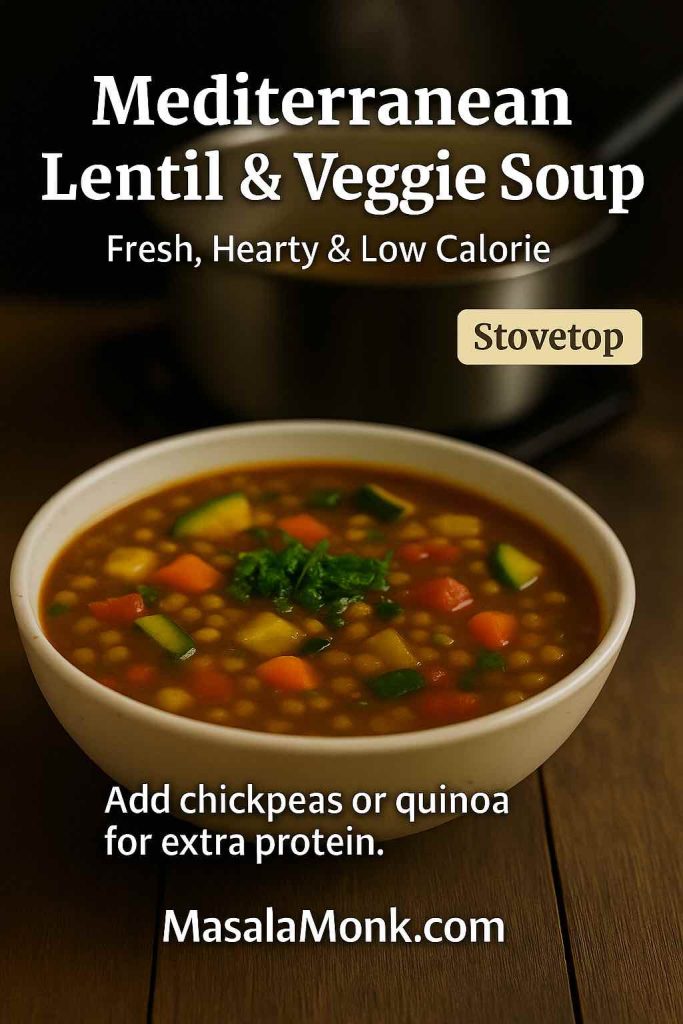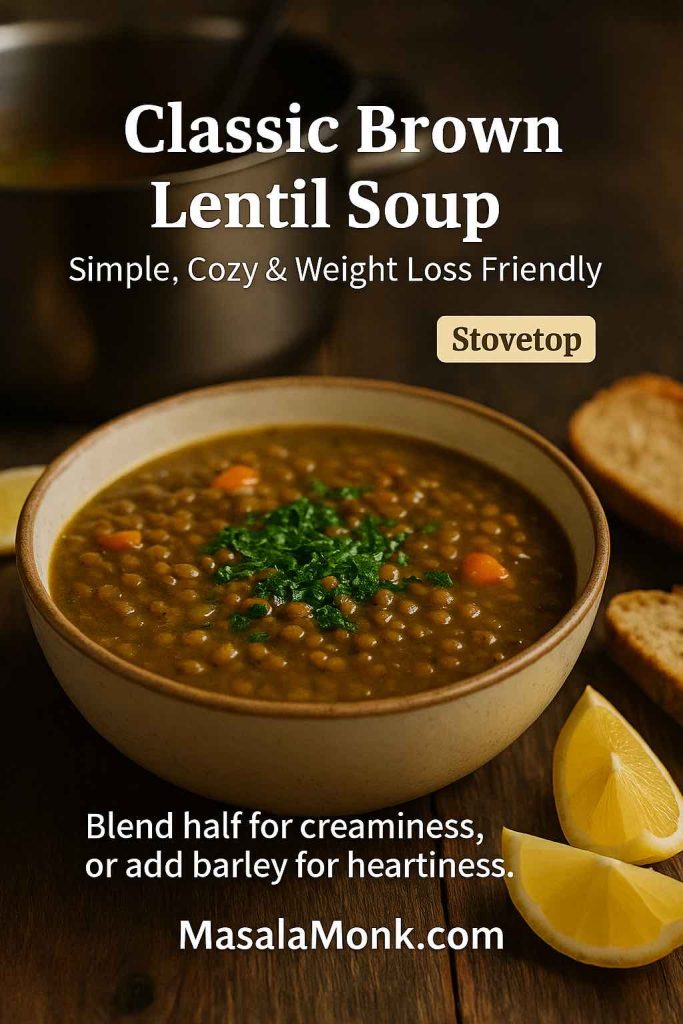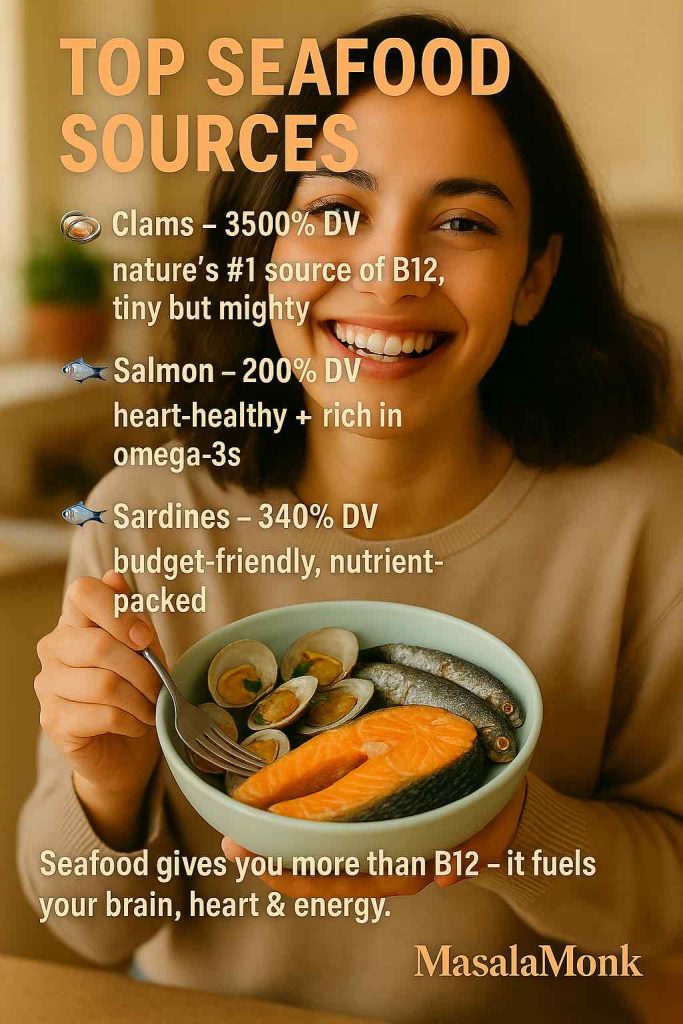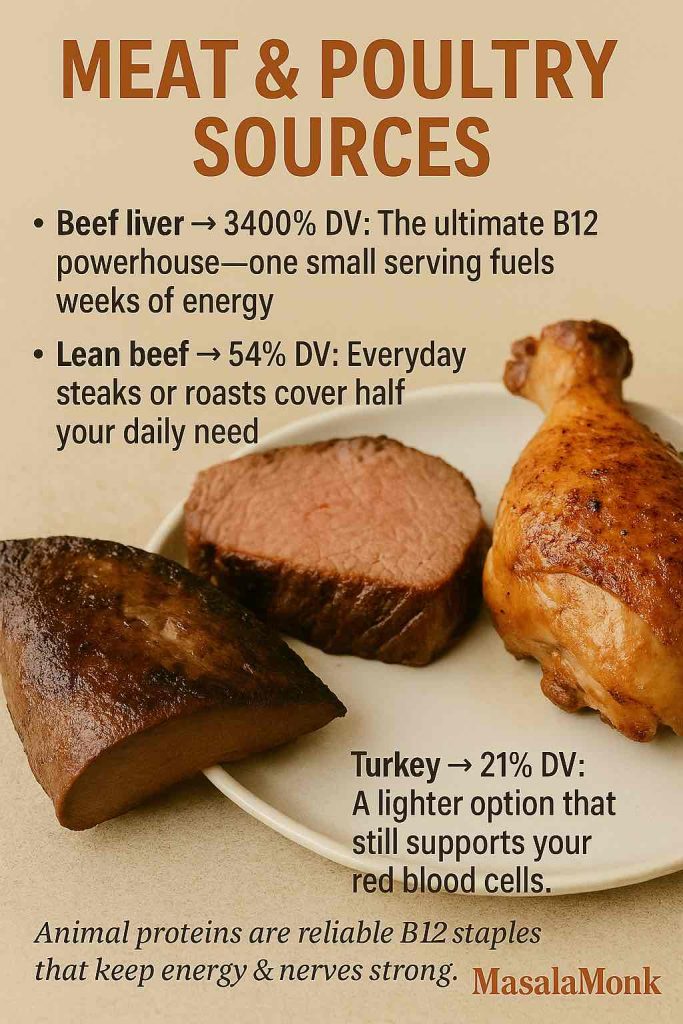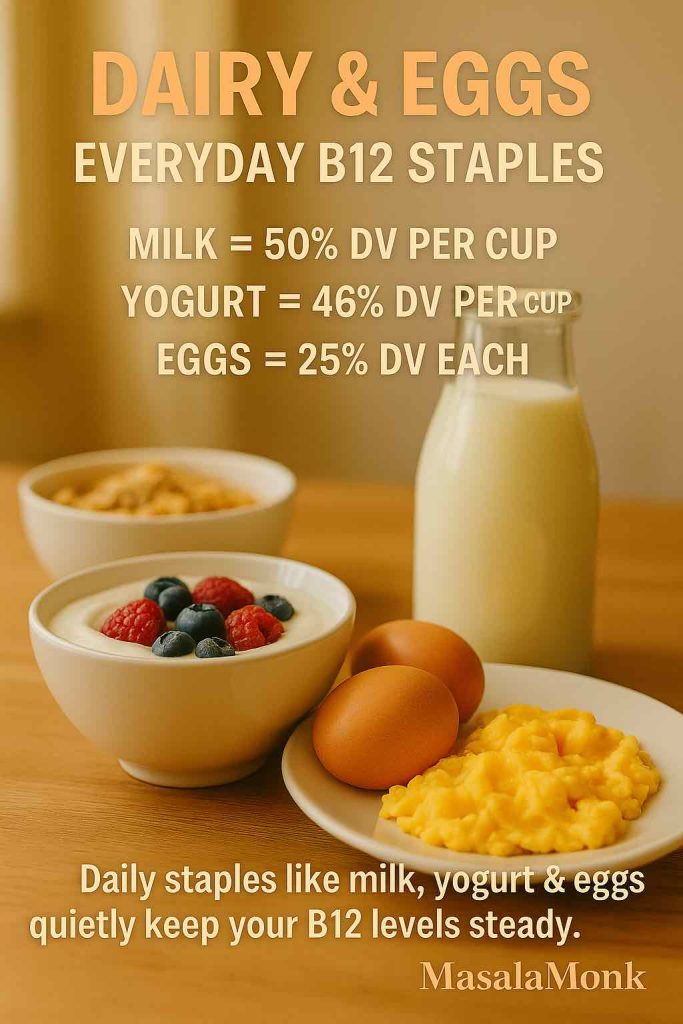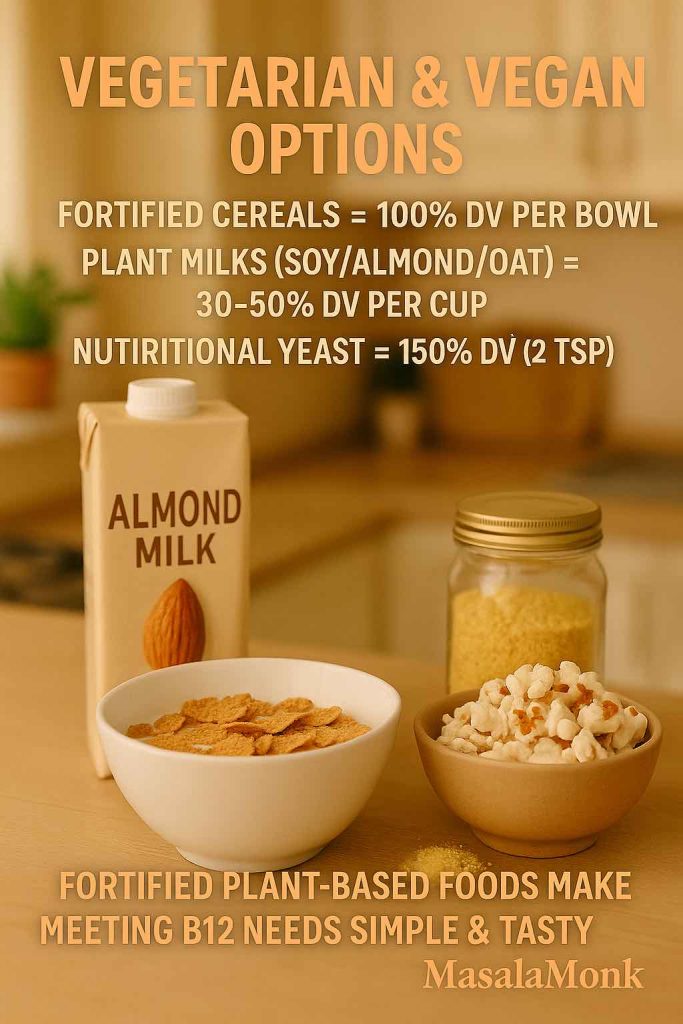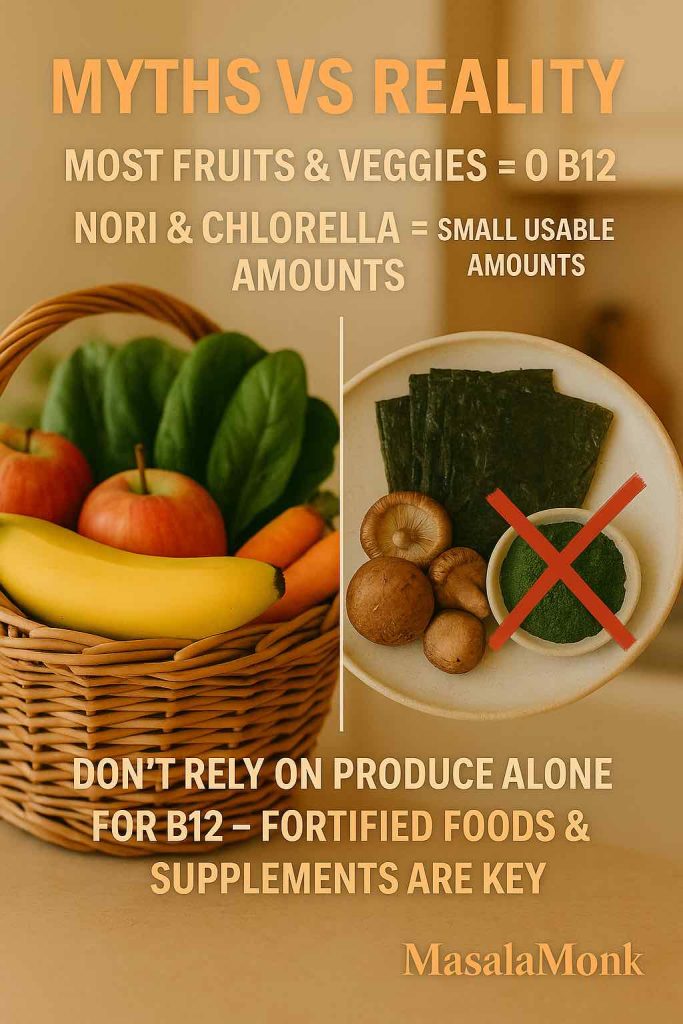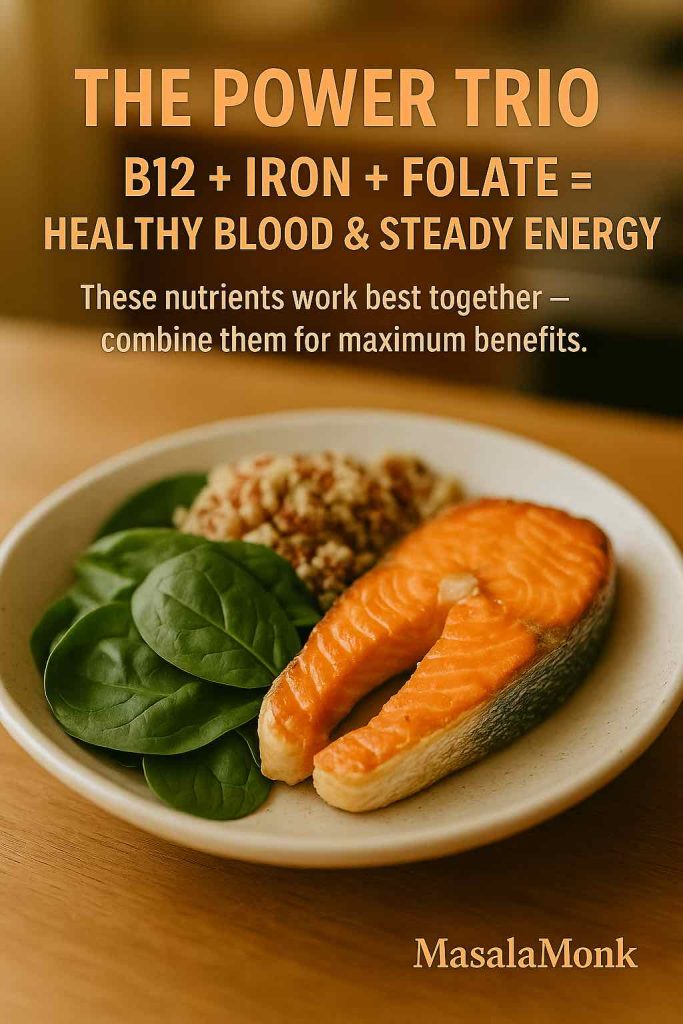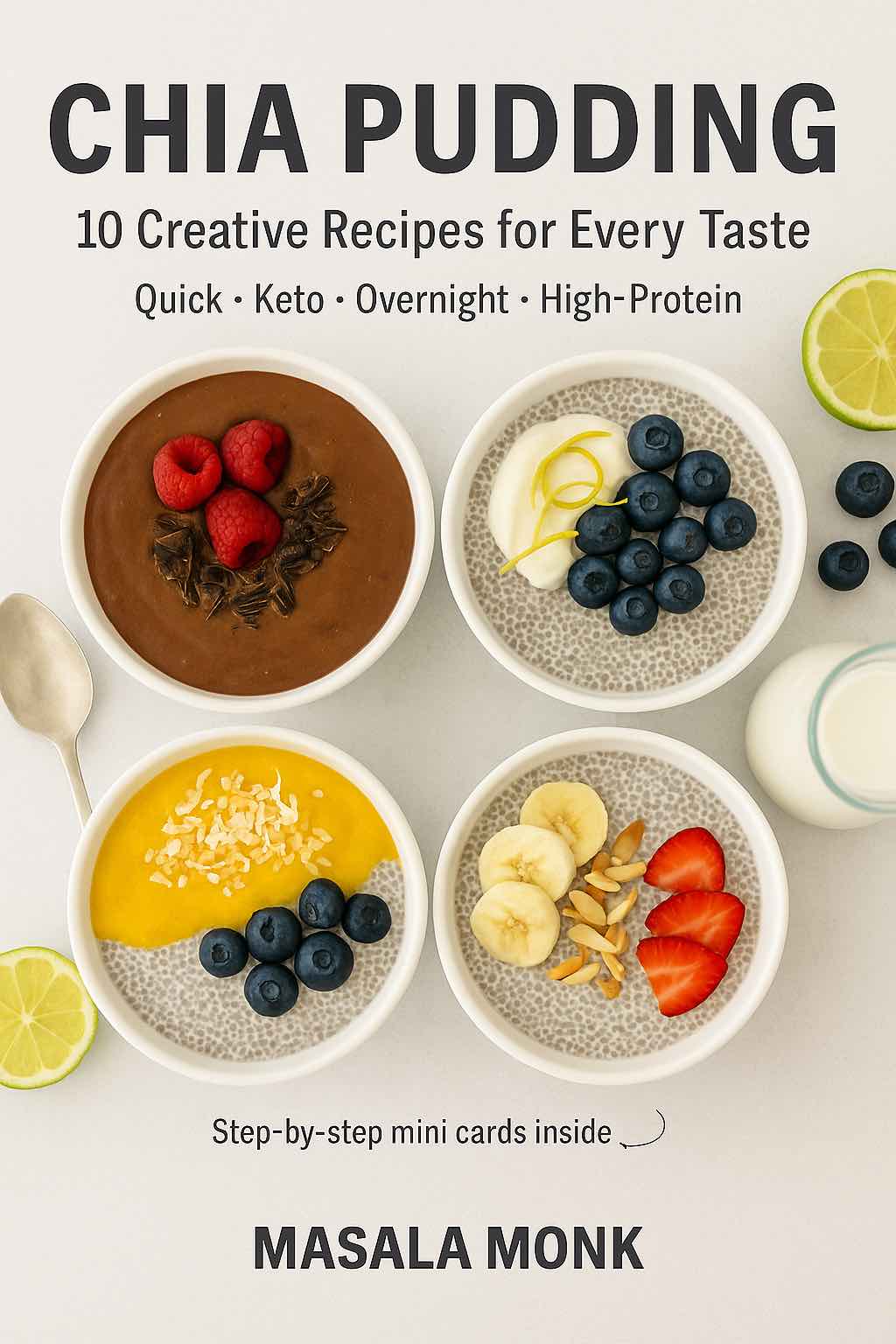
If you’ve ever wished that breakfast could be healthy, filling, and taste like dessert, then one of the chia pudding recipes might just be the answer. These tiny seeds have taken the world by storm — and for good reason. With just a handful of ingredients, you can create something that’s delicious, nutrient-packed, and ready in minutes.
What makes chia pudding so special is its versatility. With a basic recipe, you can make endless variations: a simple overnight chia pudding recipe for busy mornings, a chia pudding with yogurt for extra protein, or even a keto chia pudding for those cutting carbs. It’s one of those rare foods that works for practically every diet and every lifestyle.
In this post, we’ll start with the basic chia pudding recipe and then build it up into ten creative and tasty variations you’ll actually want to eat again and again.
Why Chia Seeds Deserve a Spot in Your Kitchen
Tiny but mighty, chia seeds are often called a superfood—and for good reason. They’re loaded with fiber, plant-based protein, omega-3 fatty acids, antioxidants, and essential minerals like calcium and magnesium. According to Harvard Health, chia seeds pack nutrients that support heart, gut, and bone health while being naturally gluten-free and vegan-friendly (Harvard Health).
Backed by Science
- A review of 14 clinical trials found that chia consumption can improve cholesterol levels, reduce triglycerides, and lower blood pressure (Food & Wine).
- Verywell Health reports chia seeds may reduce systolic blood pressure by up to 7 mmHg, making them especially heart-friendly (Verywell Health).
- The Cleveland Clinic highlights their high fiber content, which promotes fullness, supports gut health, and helps with weight control (Cleveland Clinic).
👉 In short: Chia pudding isn’t just delicious—it’s functional food that nourishes you from the inside out.
Why Chia Pudding Is the Perfect Healthy Treat
So, why turn chia seeds into pudding? Because when these tiny seeds are soaked in liquid, they swell up and form a gel-like texture, creating a naturally creamy base.
- Digestive Support: The soluble fiber in chia helps keep digestion smooth and supports a healthy gut microbiome (Times of India).
- Energy & Satiety: Because they absorb up to 10x their weight in liquid, chia seeds expand in your stomach, helping you feel full longer (Real Simple).
- Keto & Low-Carb Friendly: With minimal net carbs and loads of fiber, chia pudding makes a great addition to keto and low-carb diets (Healthline).
- Versatility: You can blend, soak overnight, add yogurt for protein, or dress it up with fruits and nuts—the possibilities are endless.
💡 Think of chia pudding as a canvas—you can keep it simple or get creative with flavors like blueberry lemon, mango coconut, or even cheesecake-inspired indulgence.
The Basic Chia Pudding Recipe (Only 2 Ingredients!)
Before we dive into fancy flavors, let’s master the base. Every delicious version starts with this simple chia seed pudding recipe.
Ingredients (serves 1–2):
- ¼ cup chia seeds
- 1 cup liquid (your choice: milk, almond milk, coconut milk, oat milk, or kefir)
Instructions:
- Add chia seeds to a jar or bowl.
- Pour in your liquid of choice. Stir well.
- Let the mixture rest for 5 minutes, then stir again to prevent clumps.
- Refrigerate for at least 2 hours, or overnight for best results.
👉 The magic ratio? ¼ cup chia seeds to 1 cup liquid. This ensures your chia pudding is thick, creamy, and not watery.
Optional add-ins: vanilla extract, cinnamon, cocoa powder, sweeteners like honey or maple syrup, or keto-friendly options like stevia.
Once you’ve mastered this, you can build on it to make almost any variation you like.
Tips for Making the Best Chia Pudding
Making chia pudding is simple, but a few tricks make a huge difference:
- Stir twice: Stir once when mixing and again after 5–10 minutes. This keeps the chia seeds from clumping.
- Let it rest long enough: A quick soak of 2 hours works, but an overnight chia pudding recipe gives the best creamy texture.
- Choose your milk wisely: Almond milk makes it light, coconut milk makes it rich, and yogurt or kefir adds protein and tang.
- Sweeten to taste: Honey, maple syrup, jaggery, or stevia all work — just adjust based on your diet.
- Experiment with toppings: Fresh fruit, nuts, granola, or even a spoonful of nut butter can completely transform your pudding.
Chia Pudding for Every Lifestyle
One of the reasons chia pudding recipes are so popular is how easily they adapt to different diets:
- Keto chia pudding: Use unsweetened almond or coconut milk, and a low-carb sweetener.
- Vegan chia pudding: Stick to plant-based milks like almond, oat, or soy.
- High-protein chia pudding: Stir in Greek yogurt, protein powder, or kefir.
- Family-friendly chia pudding: Add bananas, cocoa, or blended berries for a kid-approved treat.
No matter your preferences, there’s always a way to make chia pudding work for you.
🍨 10 Delicious Chia Pudding Recipes
1. Overnight Chia Pudding Recipe
If mornings are always rushed, this overnight chia pudding recipe is a lifesaver. With just 5 minutes of prep the night before, you can wake up to a ready-made, creamy, and satisfying breakfast. The chia seeds absorb the liquid overnight, creating a pudding-like texture without any effort.
Ingredients:
- ¼ cup chia seeds
- 1 cup almond milk (or coconut milk for richness)
- 1 tsp vanilla extract
- 1–2 tsp honey, maple syrup, or stevia (optional)
Instructions:
- Combine chia seeds, almond milk, vanilla, and sweetener in a jar.
- Stir well, wait 5 minutes, then stir again to prevent clumping.
- Cover and refrigerate overnight.
- Stir before serving and add toppings of choice.
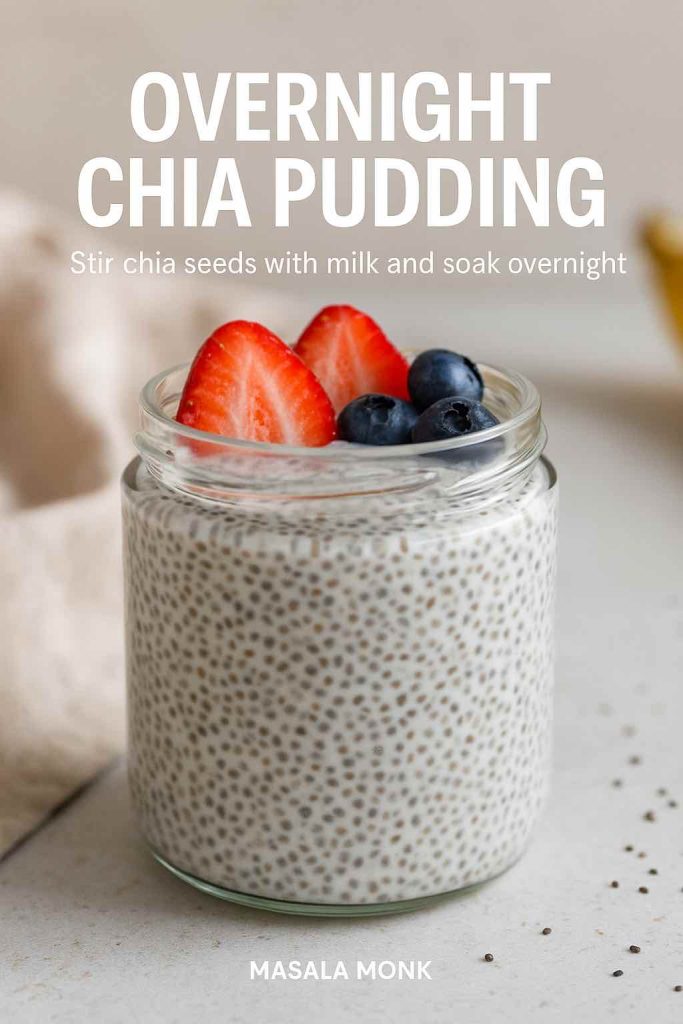
Topping Ideas:
- Fresh berries (blueberries, raspberries, strawberries)
- Sliced banana
- Granola or toasted nuts for crunch
- A sprinkle of cinnamon or cocoa powder
Variations:
- Make it keto-friendly by using unsweetened almond milk + stevia.
- Blend the mixture before chilling for a smooth, mousse-like pudding.
- Stir in cocoa powder for a chocolate overnight chia pudding.
👉 Perfect for: busy mornings, meal-prep fans, or anyone who loves breakfast waiting in the fridge.
Also Read: Glycemic index of Chia Seeds and their effectiveness on Blood Sugar
2. Chia Pudding with Almond Milk (Vegan-Friendly)
This chia pudding with almond milk is light, dairy-free, and endlessly versatile. Almond milk gives a subtle nutty flavor and pairs beautifully with fruit or nut butter. It’s the base recipe many vegans swear by.
Ingredients:
- ¼ cup chia seeds
- 1 cup unsweetened almond milk
- 1 tbsp almond butter (optional, for richness)
- 1 tsp vanilla extract
- 1–2 tsp maple syrup or agave
Instructions:
- Mix chia seeds, almond milk, vanilla, and sweetener in a jar.
- Stir well and refrigerate for at least 2 hours (overnight preferred).
- Stir again before serving.
- Add toppings for extra texture.
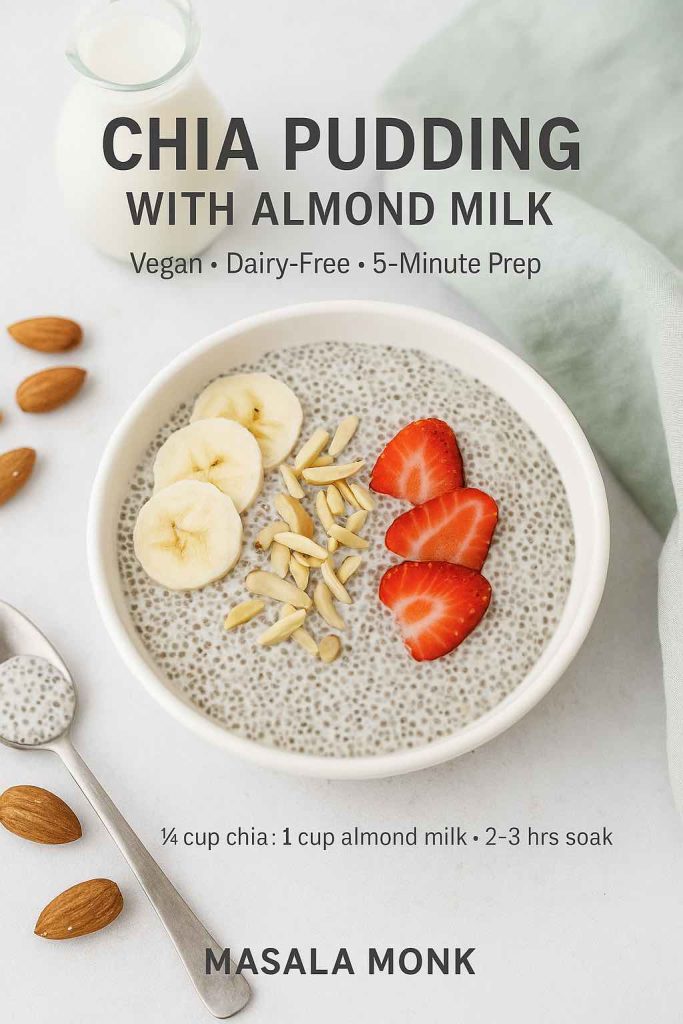
Topping Ideas:
- Sliced bananas + almond butter drizzle
- Fresh strawberries or blueberries
- Chopped almonds or walnuts
- Dark chocolate shavings
Variations:
- Add cocoa powder for a chocolate almond chia pudding.
- Blend in a handful of frozen berries for a fruity version.
- Use flavored almond milk (like vanilla) for a natural twist.
👉 Perfect for: vegans, dairy-free eaters, or anyone who enjoys a light yet filling breakfast.
Also Read: How to make Almond Milk at Home
3. Greek Yogurt Chia Pudding (High-Protein)
This Greek yogurt chia pudding recipe is creamy, tangy, and loaded with protein. The yogurt not only thickens the pudding but also adds probiotics for gut health. A drizzle of honey and some crunchy toppings turn it into a balanced breakfast or post-workout snack.
Ingredients:
- ¼ cup chia seeds
- ½ cup almond or dairy milk
- ½ cup Greek yogurt
- 1 tbsp honey or stevia
- ½ tsp vanilla extract
Instructions:
- Mix chia seeds, milk, Greek yogurt, vanilla, and sweetener in a bowl.
- Stir well until combined.
- Refrigerate for at least 2 hours or overnight.
- Stir again and add toppings before serving.
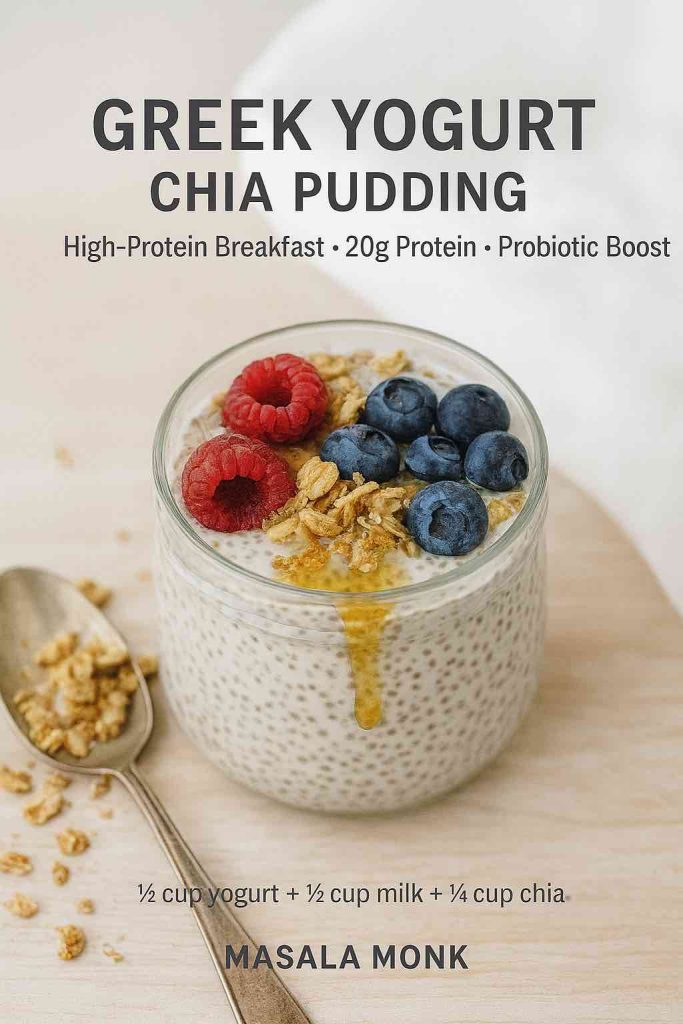
Topping Ideas:
- Granola or muesli
- Fresh berries
- Walnuts or pecans
- A drizzle of nut butter
Variations:
- Add a scoop of protein powder for an extra high-protein chia pudding.
- Use flavored Greek yogurt for a fun twist.
- Add a spoonful of fruit compote for tangy sweetness.
👉 Perfect for: athletes, gym-goers, or anyone who needs a protein-packed start to the day.
Also Read: The Science of Protein: Maximizing Muscle Growth and Recovery
4. Blueberry Lemon Chia Pudding
This blueberry chia pudding with a hint of lemon zest tastes like summer in a jar. It’s refreshing, tangy, and naturally sweet. Blueberries add antioxidants, while lemon gives a cheesecake-like brightness.
Ingredients:
- ¼ cup chia seeds
- 1 cup almond milk
- 1 tsp lemon zest
- ½ cup fresh or blended blueberries
- 1 tbsp honey or maple syrup
Instructions:
- Mix chia seeds, almond milk, lemon zest, and sweetener in a jar.
- Refrigerate for 2 hours or overnight.
- Layer pudding with blueberries before serving.
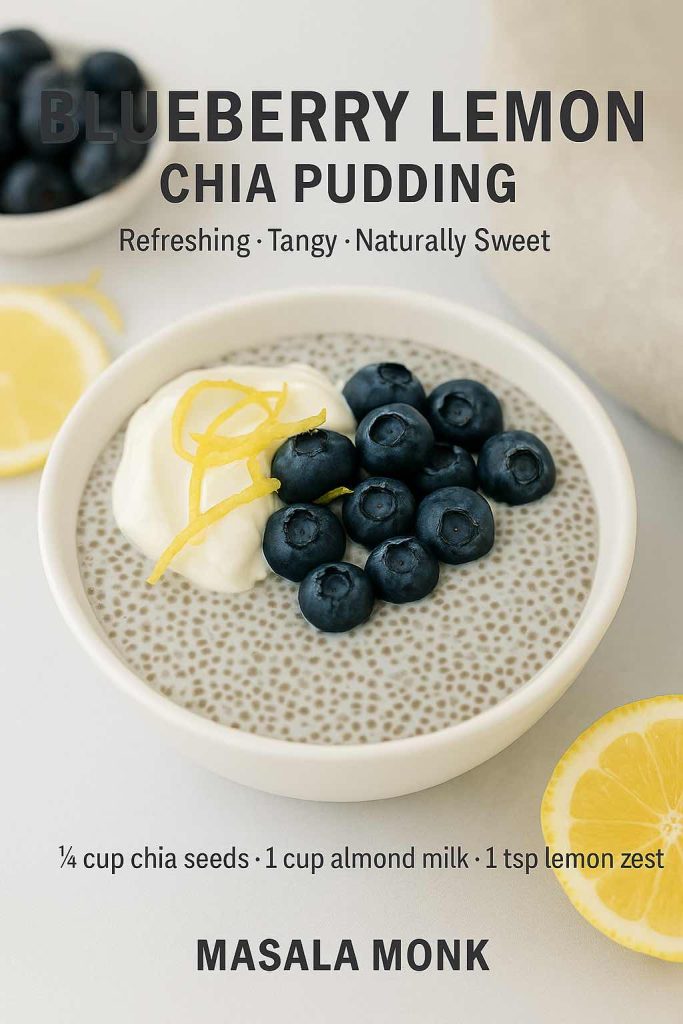
Topping Ideas:
- Lemon zest curls
- Blueberry compote
- A dollop of Greek yogurt
- Crushed graham crackers (for cheesecake vibes)
Variations:
- Blend blueberries into the almond milk for a vibrant purple pudding.
- Use kefir instead of almond milk for a probiotic-rich version.
- Add vanilla protein powder for extra nutrition.
👉 Perfect for: hot summer mornings, fruit lovers, and antioxidant-rich breakfasts.
Also Read: Health Benefits of Blueberries
5. Chocolate Chia Pudding
This chocolate chia pudding recipe is proof that dessert can be healthy. It’s rich, indulgent, and feels like a treat — but thanks to chia seeds, it’s also fiber- and protein-packed.
Ingredients:
- ¼ cup chia seeds
- 1 cup milk (almond, coconut, or dairy)
- 2 tbsp cocoa powder or cacao
- 1–2 tbsp maple syrup, honey, or stevia
- ½ tsp vanilla extract
Instructions:
- Whisk cocoa into the milk until smooth.
- Stir in chia seeds, vanilla, and sweetener.
- Refrigerate at least 2 hours or overnight.
- Stir well before serving.
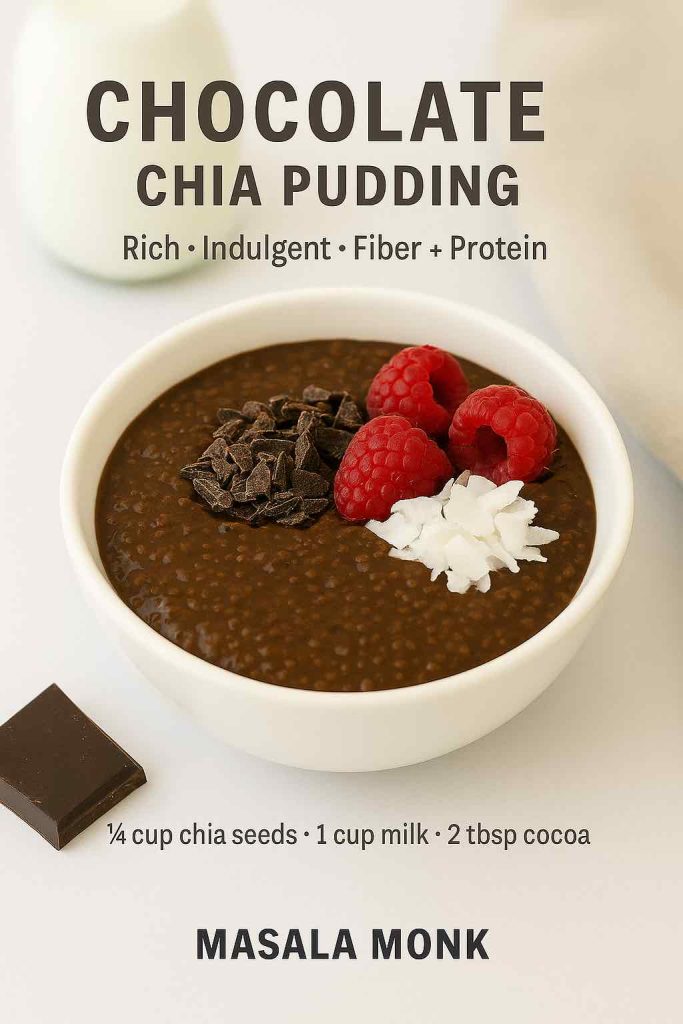
Topping Ideas:
- Dark chocolate shavings
- Fresh raspberries or strawberries
- Coconut flakes
- Peanut butter drizzle
Variations:
- Add chocolate protein powder for a post-workout chia pudding.
- Use coconut cream instead of milk for a mousse-like texture.
- Add espresso powder for a mocha chia pudding.
👉 Perfect for: chocoholics, kids, or anyone who wants dessert for breakfast.
Also Read: Can Chocolate Really Help with Depression?
6. Mango Chia Pudding
This mango chia pudding recipe brings tropical vibes to your table. Sweet mango puree layered with creamy chia pudding makes a dessert-like breakfast that’s both refreshing and filling.
Ingredients:
- ¼ cup chia seeds
- 1 cup coconut milk
- 1 ripe mango (pureed)
- 1 tsp lime juice (optional, for tang)
Instructions:
- Mix chia seeds and coconut milk, then refrigerate overnight.
- Puree mango and layer it over the chia pudding.
- Garnish with extra mango or lime zest.
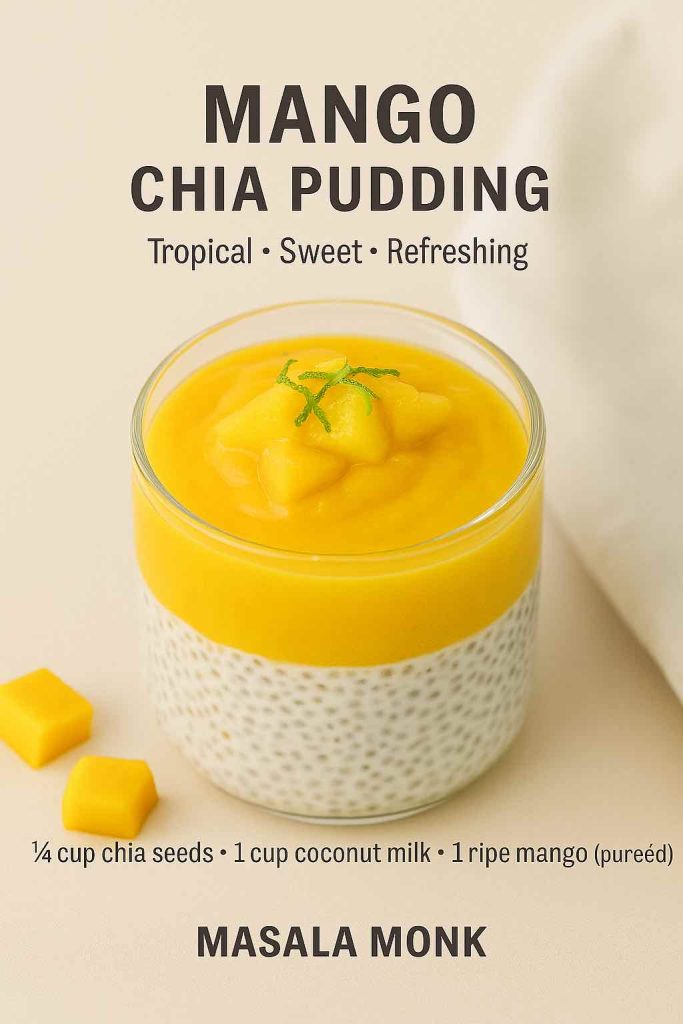
Topping Ideas:
- Fresh mango chunks
- Shredded coconut
- Pistachios
- A squeeze of lime juice
Variations:
- Blend mango puree into the base for a smooth, golden pudding.
- Mix with passionfruit for a tropical combo.
- Use dairy milk + yogurt for a creamy mango lassi-style pudding.
👉 Perfect for: summer breakfasts, fruity desserts, or anyone who loves tropical flavors.
Also Read: 5 Amazing Benefits of Mango for Diabetes
7. Banana Bread Chia Pudding
Think of this banana chia pudding as banana bread in a jar. Cinnamon, vanilla, and mashed banana create cozy flavors that feel like comfort food — but with way less sugar and no baking required.
Ingredients:
- ¼ cup chia seeds
- 1 cup almond or dairy milk
- 1 ripe banana (mashed)
- ½ tsp cinnamon
- ½ tsp vanilla extract
- 2 tbsp chopped walnuts (optional)
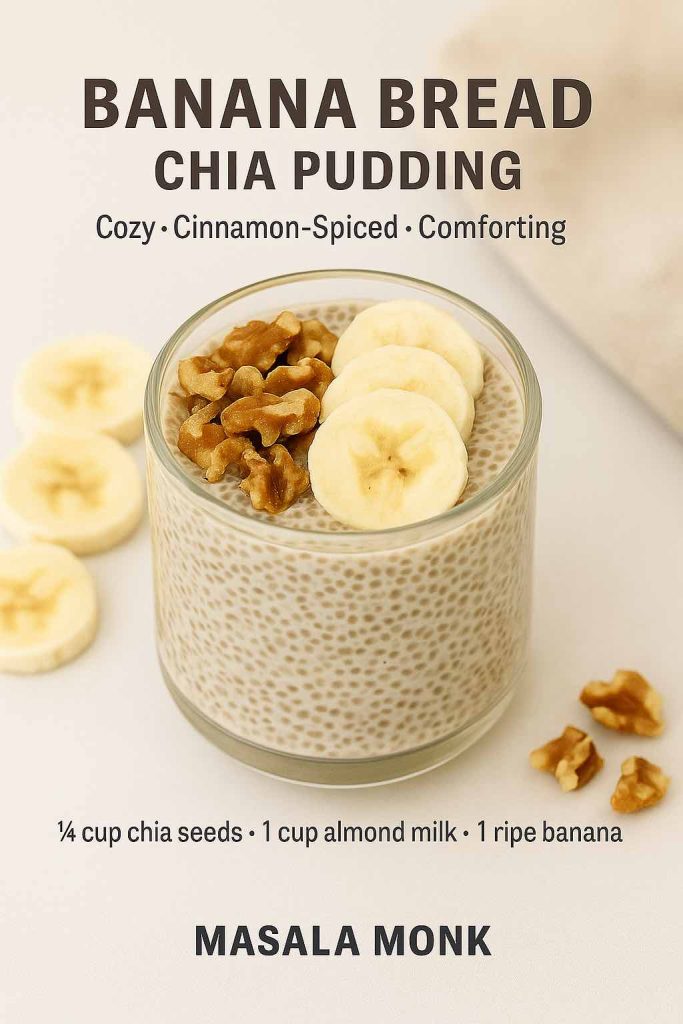
Instructions:
- Mash banana and whisk with milk, cinnamon, and vanilla.
- Stir in chia seeds.
- Refrigerate overnight.
- Add walnuts and extra banana slices before serving.
Topping Ideas:
- Chopped walnuts or pecans
- Raisins or dates
- Banana slices
- A dusting of cinnamon
Variations:
- Add cocoa powder for a chocolate banana version.
- Use Greek yogurt instead of milk for extra protein.
- Stir in nut butter for a richer flavor.
👉 Perfect for: cozy fall mornings, comfort-food cravings, and banana bread lovers.
Also Read: How to Make Banana Pudding? 5 Healthy Breakfast Twists
8. Matcha Green Tea Chia Pudding
This matcha chia pudding recipe is energizing and antioxidant-rich. The subtle earthy flavor of matcha pairs beautifully with coconut or almond milk, creating a refreshing green breakfast or snack.
Ingredients:
- ¼ cup chia seeds
- 1 cup warm almond milk
- 1 tsp matcha green tea powder
- 1 tsp honey, maple syrup, or stevia
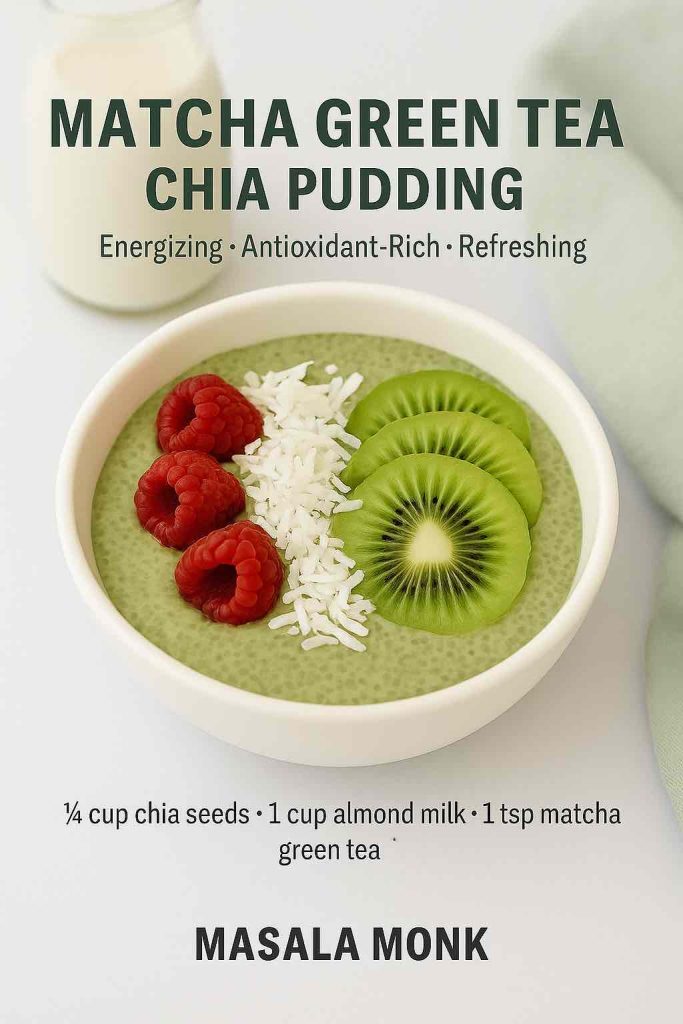
Instructions:
- Whisk matcha into warm almond milk until no lumps remain.
- Stir in chia seeds and sweetener.
- Refrigerate overnight.
- Stir before serving and add toppings.
Topping Ideas:
- Fresh raspberries
- Shredded coconut
- Sliced kiwi
- Granola clusters
Variations:
- Blend banana into the base for natural sweetness.
- Add vanilla protein powder for a high-protein matcha pudding.
- Use coconut milk for a creamier, dessert-like version.
👉 Perfect for: matcha lovers, coffee alternatives, and afternoon energy boosts.
Also Read: 10 Exotic Superfoods for a Healthy Pregnancy
9. Cheesecake Chia Pudding
Yes, you can have cheesecake for breakfast — with this cheesecake chia pudding recipe. Cream cheese (or Greek yogurt for a lighter version) makes the base rich and tangy, while crushed biscuits and berries give it that dessert feel.
Ingredients:
- ¼ cup chia seeds
- 1 cup almond or dairy milk
- ¼ cup cream cheese (or Greek yogurt)
- 1 tbsp honey or maple syrup
- ½ tsp vanilla extract
- 2 tbsp crushed biscuits or granola (for topping)
- Fresh berries
Instructions:
- Blend milk, cream cheese, honey, and vanilla until smooth.
- Stir in chia seeds.
- Refrigerate overnight.
- Top with crushed biscuits and fresh berries.
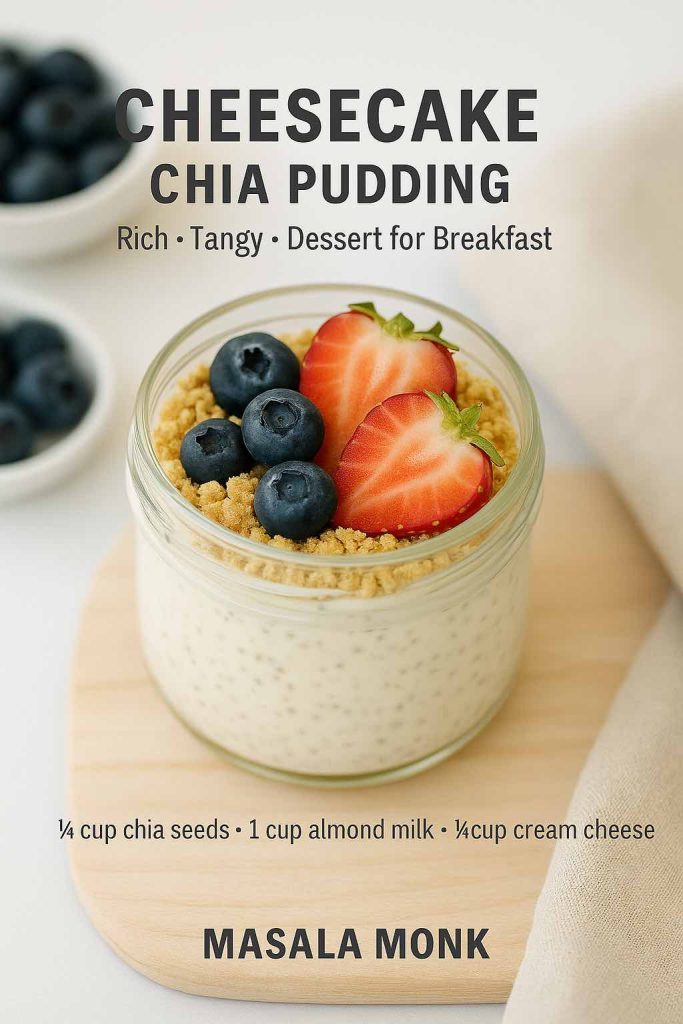
Topping Ideas:
- Strawberries or blueberries
- Graham cracker crumbs
- Lemon zest
- Berry coulis
Variations:
- Use flavored yogurt for different cheesecake vibes.
- Add cocoa powder for a chocolate cheesecake chia pudding.
- Stir in lemon juice for a tangy New York-style cheesecake twist.
👉 Perfect for: weekend brunches, indulgent desserts, or guilt-free cheesecake cravings.
Also Read: How to make No-Bake Blueberry Cheesecake?
10. Chia Pudding with Coconut Cream
This chia pudding with coconut cream is thick, rich, and incredibly indulgent — almost like a mousse. It’s naturally dairy-free but tastes luxurious enough for dessert.
Ingredients:
- ¼ cup chia seeds
- 1 cup coconut cream
- 1 tbsp honey, maple syrup, or stevia
- 1 tsp vanilla extract
Instructions:
- Mix coconut cream, chia seeds, vanilla, and sweetener.
- Stir well, let sit for 5 minutes, then stir again.
- Refrigerate overnight until thick.
- Garnish before serving.
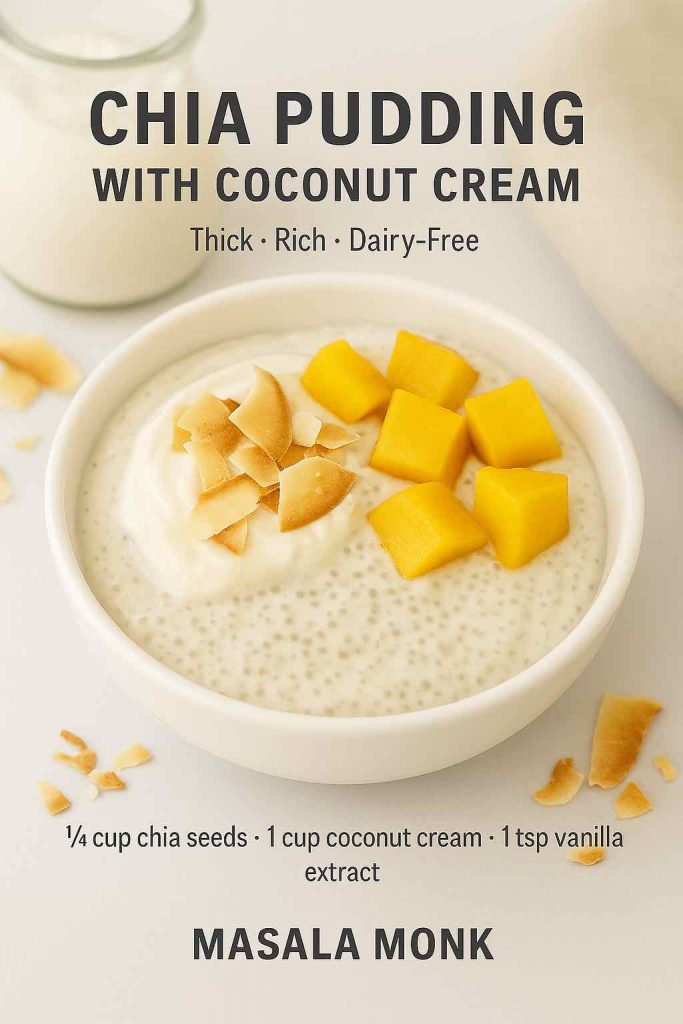
Topping Ideas:
- Toasted coconut flakes
- Mango chunks
- Dark chocolate drizzle
- Crushed nuts
Variations:
- Blend in cocoa for a chocolate coconut chia pudding.
- Add pineapple for a pina colada-inspired pudding.
- Use spiced jaggery syrup for an Indian twist.
👉 Perfect for: tropical dessert fans, dairy-free eaters, and anyone who loves creamy indulgence.
Also Read: Coconut Milk: A Keto Kitchen Staple for Creamy Delights and Nutritional Benefits
🌟 Tips for Making the Best Chia Pudding
Making chia pudding is wonderfully simple, but a few insider tricks will take your pudding from “good” to “I can’t believe this is healthy.”
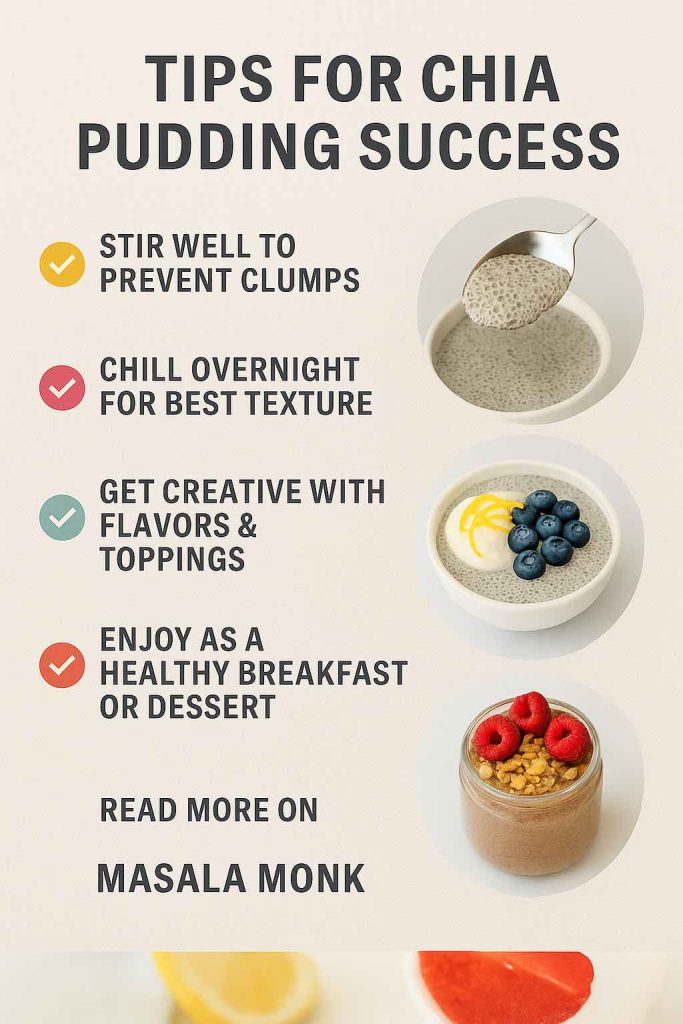
1. Stir Twice, Always
When you first mix chia seeds with liquid, they start to gel almost instantly. If you don’t stir them again after 5–10 minutes, you’ll get clumps. Always give your mixture a second stir before refrigerating — it makes a world of difference.
2. Let It Set Long Enough
Yes, chia pudding will thicken in as little as 2 hours. But if you want the best texture — smooth, creamy, and spoonable — an overnight chia pudding recipe is the way to go. The extra time lets the seeds fully absorb the liquid.
3. Master the Ratio
The golden formula is ¼ cup chia seeds to 1 cup liquid. Stick to this, and your pudding will be perfectly balanced: not too watery, not too thick.
4. Choose the Right Liquid
- Almond milk → light and neutral, lets toppings shine.
- Coconut milk or coconut cream → rich and indulgent, great for dessert-like chia pudding recipes.
- Greek yogurt or kefir → creamy, tangy, and packed with protein.
- Regular dairy milk → classic and kid-friendly.
5. Sweeten Smartly
Depending on your diet, choose your sweetener wisely:
- Natural: honey, maple syrup, or jaggery.
- Low-carb/keto: stevia, monk fruit, or erythritol.
- Fruity: mashed bananas, mango puree, or blended berries.
6. Have Fun with Toppings
This is where chia pudding gets exciting. Fresh fruit, crunchy nuts, granola, toasted coconut, or even a drizzle of dark chocolate — toppings transform a simple base into something you’ll look forward to every morning.
🥗 Chia Pudding for Every Lifestyle
One of the reasons chia pudding recipes have become so popular is their ability to fit seamlessly into nearly every eating style. Here’s how you can tailor them:
Keto-Friendly Chia Pudding
Keep it low-carb by using unsweetened almond or coconut milk and a keto-friendly sweetener like stevia. Add cocoa powder or nut butter for richness.
Vegan Chia Pudding
Stick to plant-based milks (almond, soy, oat, or coconut) and sweeten with maple syrup or agave. Layer with fruits for natural flavor.
High-Protein Chia Pudding
Stir in Greek yogurt, protein powder, or kefir. Great after workouts or when you need lasting energy.
Family & Kid-Friendly Chia Pudding
Blend in bananas, cocoa, or berries to make a naturally sweet pudding. Kids love the dessert-like texture, and parents love the nutrition.
On-the-Go Chia Pudding
Portion your puddings into small jars or containers. They’ll last 4–5 days in the fridge, making them perfect for busy weeks.
🎉 Conclusion
Chia pudding isn’t just a passing health trend — it’s a true kitchen essential. With just two base ingredients and endless ways to customize, you can create breakfasts, snacks, or desserts that are:
- Quick to make — 5 minutes of prep and the fridge does the rest.
- Nutrient-dense — packed with fiber, protein, omega-3s, and minerals.
- Diet-friendly — keto, vegan, high-protein, or family-approved.
- Deliciously versatile — from classic overnight chia pudding recipes to indulgent chocolate or cheesecake-inspired variations.
So grab your chia seeds, pick a recipe from this list, and start experimenting. Once you realize how easy and satisfying these puddings are, they’ll become a regular part of your routine.
👉 Which chia pudding recipe are you most excited to try first — the refreshing blueberry lemon, the cozy banana bread chia pudding, or the indulgent coconut cream version? Share your favorite in the comments, and don’t forget to tag Masala Monk when you post your creations!
❓ Frequently Asked Questions About Chia Pudding
1. How much chia seeds do you need for pudding?
The standard ratio is ¼ cup chia seeds to 1 cup liquid. This gives you a creamy, pudding-like consistency. If you prefer it thicker, add a bit more chia; for a lighter texture, add extra liquid.
2. How long does chia pudding need to sit?
Chia seeds need at least 2 hours to absorb liquid and form that gel-like texture. However, for the best results, make an overnight chia pudding recipe. The longer resting time gives you a smoother, creamier pudding.
3. Is chia pudding good for keto?
Yes! A keto chia pudding recipe is one of the easiest low-carb breakfasts you can make. Just use unsweetened almond or coconut milk and a keto-friendly sweetener like stevia or monk fruit. Skip sugary fruits and add toppings like nuts, cocoa powder, or nut butter.
4. Can you add protein powder to chia pudding?
Absolutely. Adding protein powder turns your pudding into a high-protein chia pudding recipe. Simply stir a scoop into your milk before mixing with chia seeds. Popular combos include chocolate protein + cocoa powder, or vanilla protein + banana.
5. Can you make chia pudding with yogurt?
Yes! A chia pudding with yogurt (especially Greek yogurt) makes it extra thick, creamy, and higher in protein. Mix half yogurt and half milk with your chia seeds for the best balance.
6. How long does chia pudding last in the fridge?
Chia pudding keeps well for 4–5 days when stored in an airtight container. This makes it perfect for meal-prep chia pudding recipes. Just make a batch on Sunday night and enjoy ready-to-go breakfasts all week.
7. What’s the healthiest milk for chia pudding?
That depends on your diet:
- Almond milk → light and low-calorie.
- Coconut milk → rich, indulgent, and great for desserts.
- Dairy milk → classic, with extra protein and calcium.
- Kefir or yogurt → probiotic-rich and high-protein.
8. Can you eat chia pudding every day?
Yes — chia pudding can be eaten daily as part of a balanced diet. It’s high in fiber, protein, and omega-3s, which support digestion and satiety. Just vary your toppings and flavors to keep it exciting.
9. Can you blend chia pudding?
Definitely. If you prefer a smooth, mousse-like texture, simply blend your chia pudding after it has set. This is especially good for recipes like chocolate chia pudding or mango chia pudding.
10. Is chia pudding good for weight loss?
Yes, chia pudding can support weight management because it’s filling, low in calories, and high in fiber. Recipes like overnight chia pudding with almond milk are especially light but satisfying.

